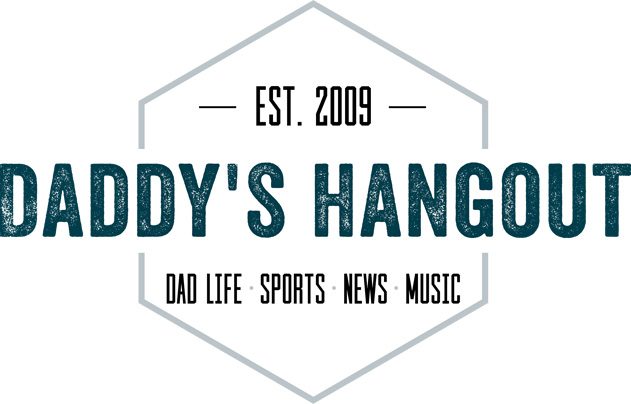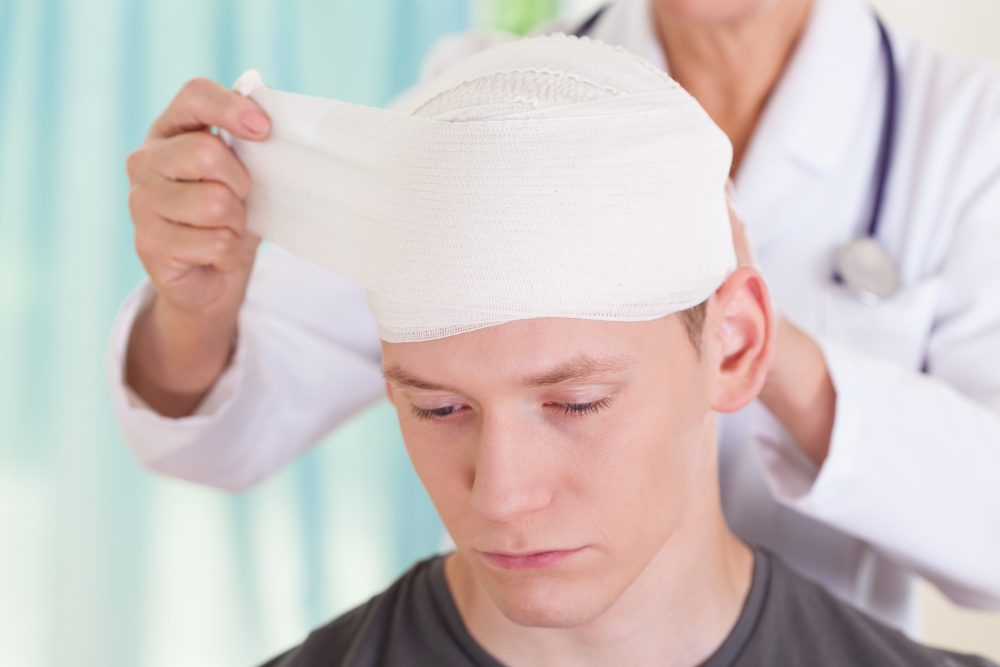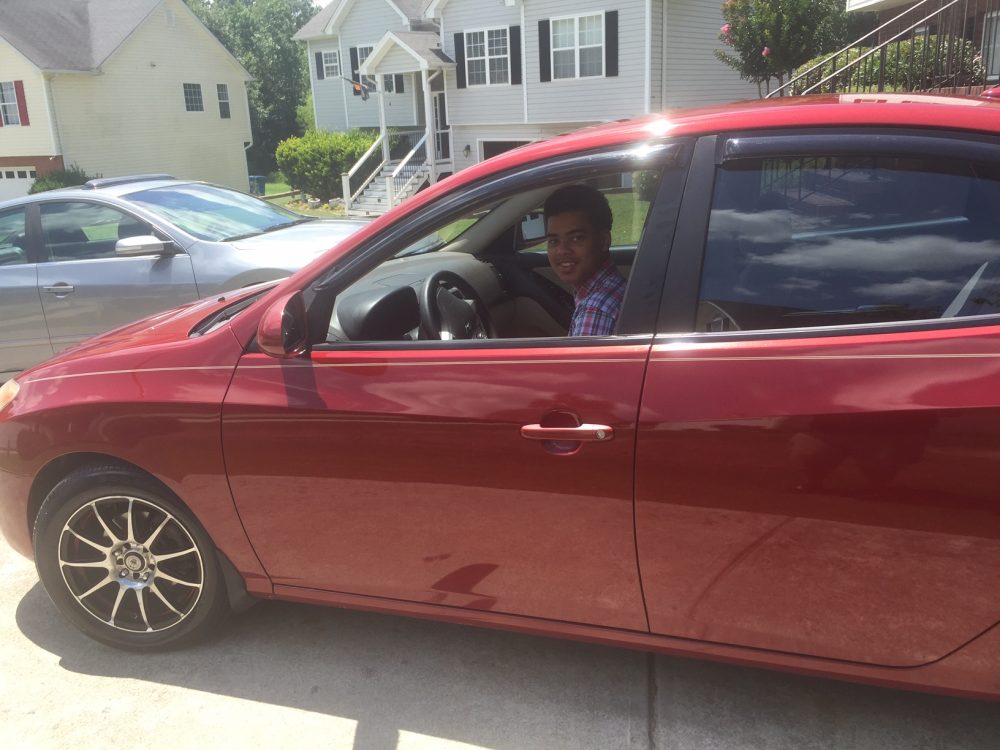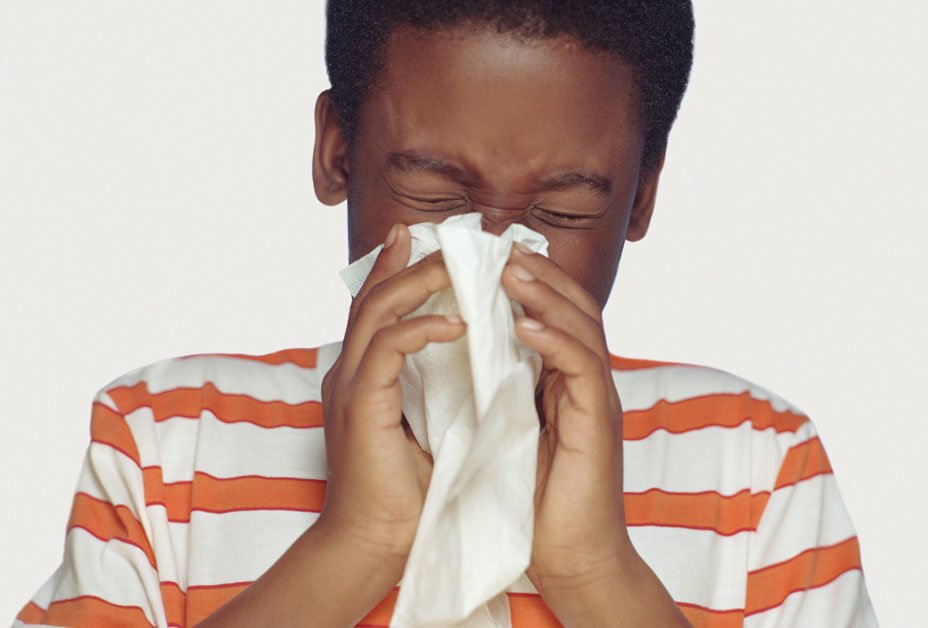According to the CDC, 10-15 percent of athletes experience a concussion in any given year. This rate of injury spans all sports, genders, age groups and skill levels, so it isn’t something that can be written off as “a football thing” or “a boy problem.” It’s a serious concern that all parents should have about their young athletes. So how can you tell if your child has a concussion? Here are just a few signs and symptoms to beware.
1. Loss of Consciousness
The most obvious sign of a concussion is a loss of consciousness after experiencing a heavy blow. It’s important to note, however, that not all children will immediately black out after traumatic contact. Sometimes they’re fine for hours or even days before experiencing head injury symptoms, but that doesn’t mean the head injury isn’t there.
2. Headaches and Neck Pain
Headaches are another well-documented phenomenon among the concussed. Some people report feeling foggy and achy; others have sharp, stabbing pains in their temples; others still have neck tenderness or soreness. There’s no “one size fits all” when it comes to concussion headaches, so if your child is complaining of any kind of head pain after participating in a sports activity, talk to their doctor.
3. Communication Problems
Concussions affect the neurological functions of the brain, and this often includes the ability to think and speak clearly. Is your child slurring their words? Do they constantly have something “on the tip of their tongue” without the ability to articulate it? With severe concussions, they might even use the wrong words or phrases in place of something else that they meant to say. You’ll definitely want a doctor to evaluate your child if they’re having speech problems after taking a blow to the head.
4. Disturbed Sleep
Some people can’t sleep. Others sleep badly or experience strange, frightening nightmares like they never have before. A concussion can do bizarre things to the brain, especially during sleep, so don’t patronize your little athlete if they report changes in their sleeping habits. This is another symptom that can appear a long time after the initial injury.
5. Stomach Cramps
Not many people realize this, but stomach cramps can be a sign of either concussions or post-concussion syndrome. They’re often written off, especially when experienced by pubescent girls, but they can be a critical sign that something isn’t right. Health advocates like Mary Hayashi have warned that you should never ignore a female athlete’s stomach cramps. For more information, check out the group Hayashi started that’s called the Women’s Sports Safety Initiative.
6. Mood Swings
This is yet another symptom that gets ignored or waved away because it’s so common in the young. You know your children better than anyone else, however, and if they come home after a sporting event feeling or acting in ways that are contrary to the norm, it might be a sign of a concussion. Pay particular attention to children who are acting lethargic, depressed, spacey or generally “off.”
These are just a few of the warning signs that your child may have a concussion. Remember, concussions aren’t limited to contact sports like football and rugby. Young athletes can experience brain injuries from any sport, so it’s important to be on the lookout for danger.






